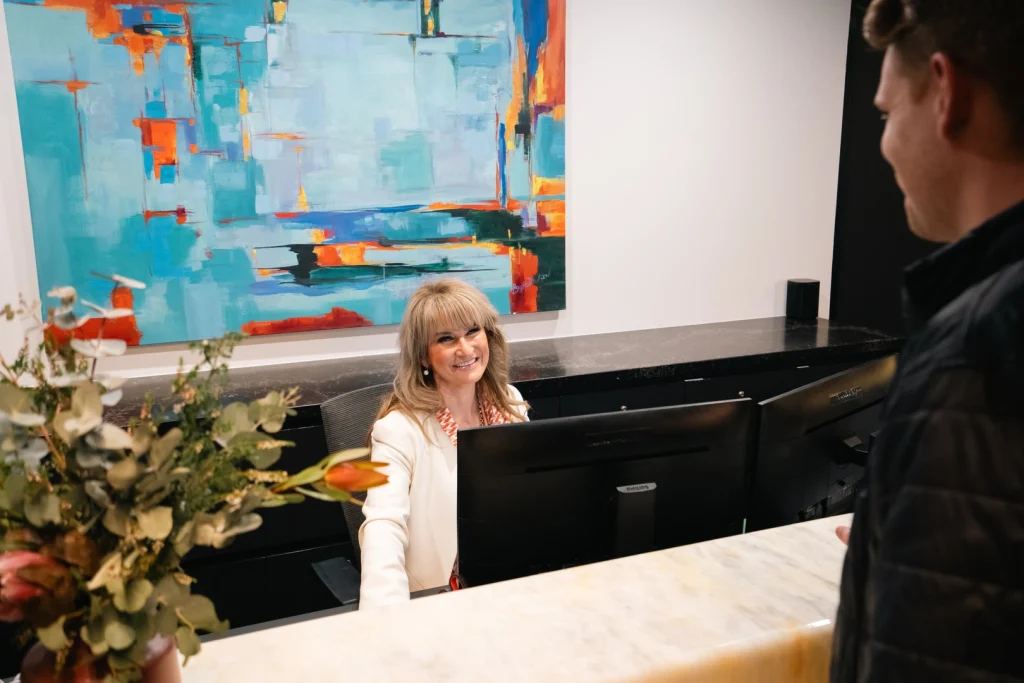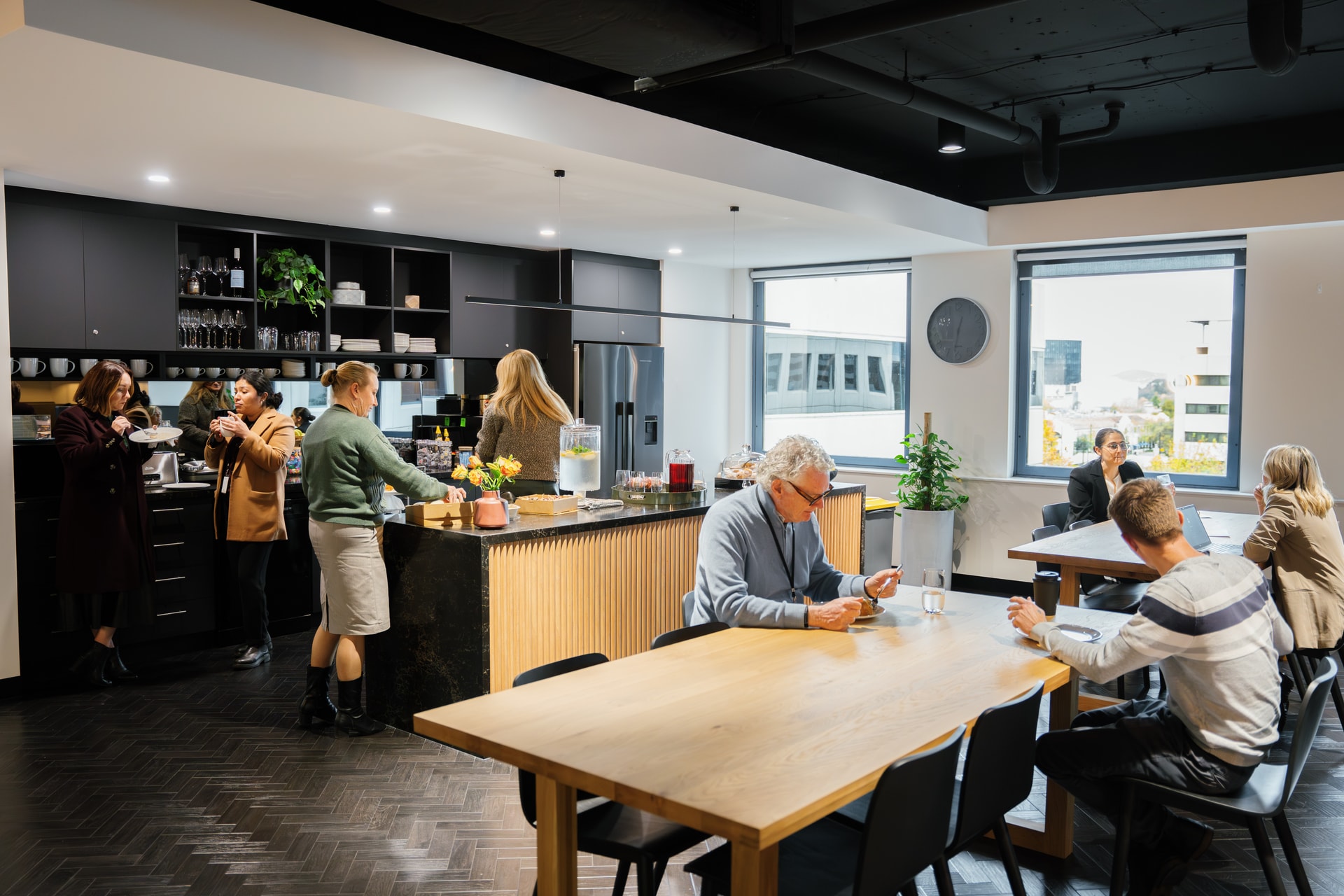In Australia, flexible working arrangements have become exceedingly popular in recent years. More and more people are seeking out employers who will offer them the ability to adapt their work schedule to their unique life circumstances. According to the Commonwealth Government of Australia, more than 78% of private organisations have some form of flexible working strategy.
But what exactly does flexible work mean, and is it beneficial for every business?
What is flexible work?
Flexible work is simple — it’s a situation where an employer and employee agree on a working arrangement that allows the latter to work when it is best for them and also for the organisation. Flexibility in the workplace is designed to make work more convenient for employees with many other life priorities, allowing them to attain a more desirable work-life balance.
A work organisation that prioritises flexible work options acknowledges the diverse needs of their people, which helps to increase their job satisfaction and engagement. When employees are better able to manage and meet both their work and external needs, they are more inclined to remain within their company and create a stronger level of stability within the overall workforce.
What is a flexible work arrangement?
A flexible work arrangement is one that offers a broader range of options for work hours, styles, and locations than a traditional 9-to-5 or similar job. Types of flexible work may include common arrangements like part-time work and the ability to alter working hours, or more extensive situations like working from home or a mobile location, job sharing and even compressed working weeks. Offering these to employees can help to improve motivation and output.
These arrangements give employees the ability to find a better schedule that balances their work responsibilities and personal demands in a way that suits them best. Depending on the situation, flexible work can be a one time only situation or reoccur consistently, depending on the agreement between parties and each business’ flexible working policy.
Who can request flexible work?
To arrange flexible work, an employee and employer come together, discuss the time frame for the arrangement, and make an agreement based on both parties’ preferences. Thankfully, under the Australian Fair Work Act, there are a lot of situations in which employees can make a request for flexible working arrangements. To be eligible, the employee must have worked with the same employer for at least a year, and fit one or more of the following categories:
- Be a parent or guardian of a school-aged child or younger
- Act as a carer
- Have a disability
- Aged 55 or older
- Pregnant
- Experiencing family and domestic violence, or providing support to a family or household member experiencing family and domestic violence
For example, a school parent may prefer to have a hybrid working arrangement or start their work day later so they can drop their child at school. In another situation, an employee who needs a day off each week to support a family member may request to work their full time hours over 4 days, with a longer working day, instead of 5 shorter days. Each flexible work request must be properly looked at by an employer, and can only be refused on legitimate business grounds and not before trying to come to another agreement that suits both parties.

Benefits of flexible working
The workplace practices and culture of a business play a key role in determining how employees feel about their jobs, and how they perform. Enabling staff members through work flexibility helps to enhance their productivity and create higher levels of performance throughout the organisation. This is because employees feel more satisfied and less stressed, able to find a better balance between all of their competing priorities. This creates more engagement and employees are likely to find more value in their work.
Flexible work arrangements are typically looked at as having a variety of clear benefits for employees alone, but the improvements they offer to workers also lead through to quality outcomes for employers. Notably, improved wellbeing for staff members often increases their performance and engagement with their work, helping to improve the overall workflow and efficiency. Additionally, satisfied employees lead to a reduced turnover rate, and enable better alignment between the business and its team members.
Flexible working space
Flexibility isn’t just a change in hours or days, but can also exist in the layout of your office or building. Many businesses and employees are also thriving in more contemporary work situations like co-working spaces, which have a variety of different areas to work and unique facilities to use. Offering both private desks and collaborative working spaces, employees are empowered to adapt their environment to suit their work needs on a given day.
At Haven, we proudly offer flexible work space for all members to use, including casual and flex desks, private meeting rooms for hire, and open collaborative areas to work closely in teams. We believe that modern workers do their best when they are supported by the environment around them, not constrained by it, and aim to provide everything that an employee needs to do their best work.
Supporting a flexible workforce at Haven
As of July 2022, over 86.3% of organisations in Australia offer part-time working and 47.9% offer career breaks, which indicates that now more than ever is the time to explore a flexible working agreement.
Here at Haven Workspaces, we have built a community focused on helping businesses and relationships thrive. We are strong supporters of flexible work opportunities, so that’s why we offer premium spaces with high-quality technology and exceptional customer service for all your business needs. Find out more about our membership options — including flex desks and private offices — or get in touch to book a tour of our flexible work spaces.
